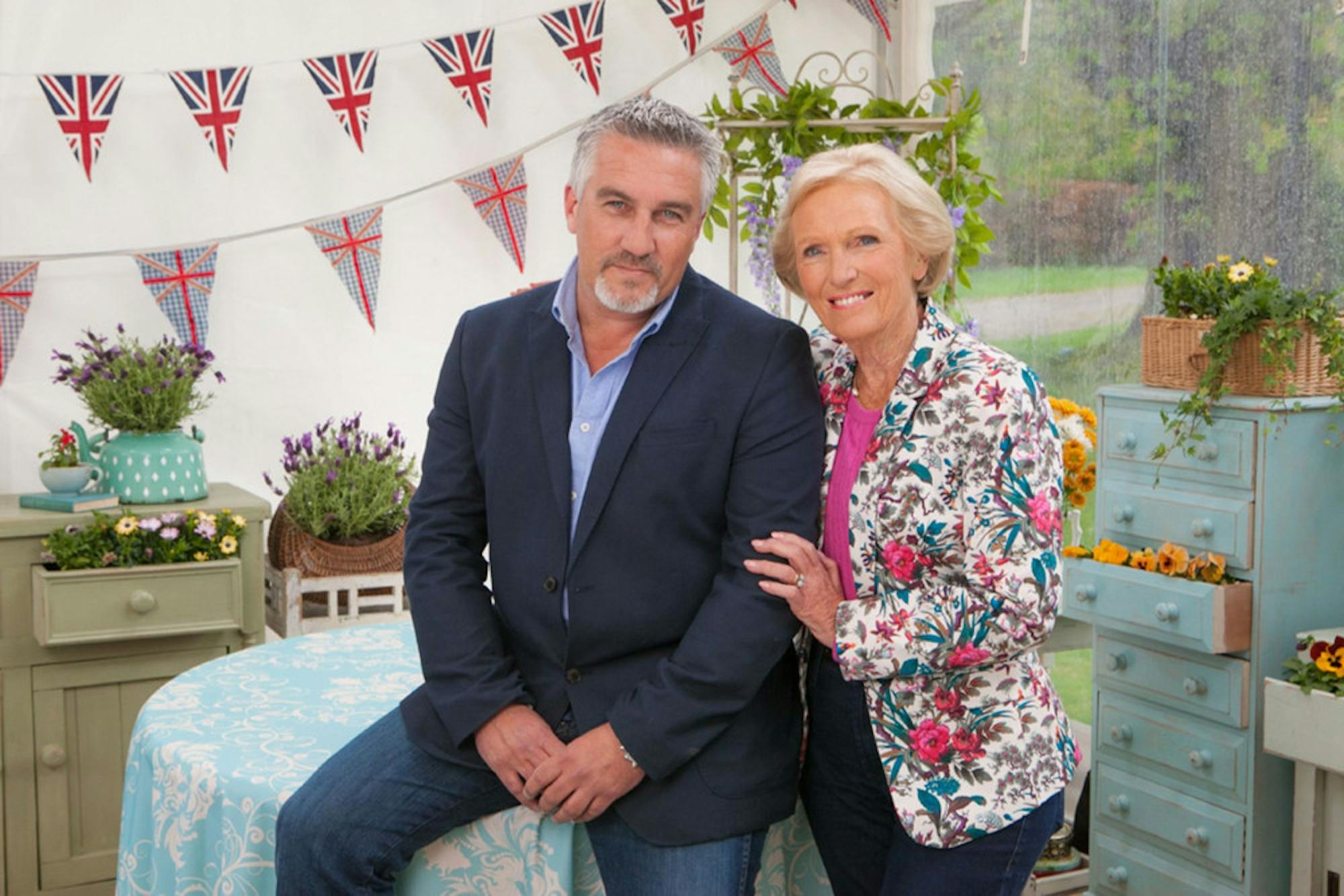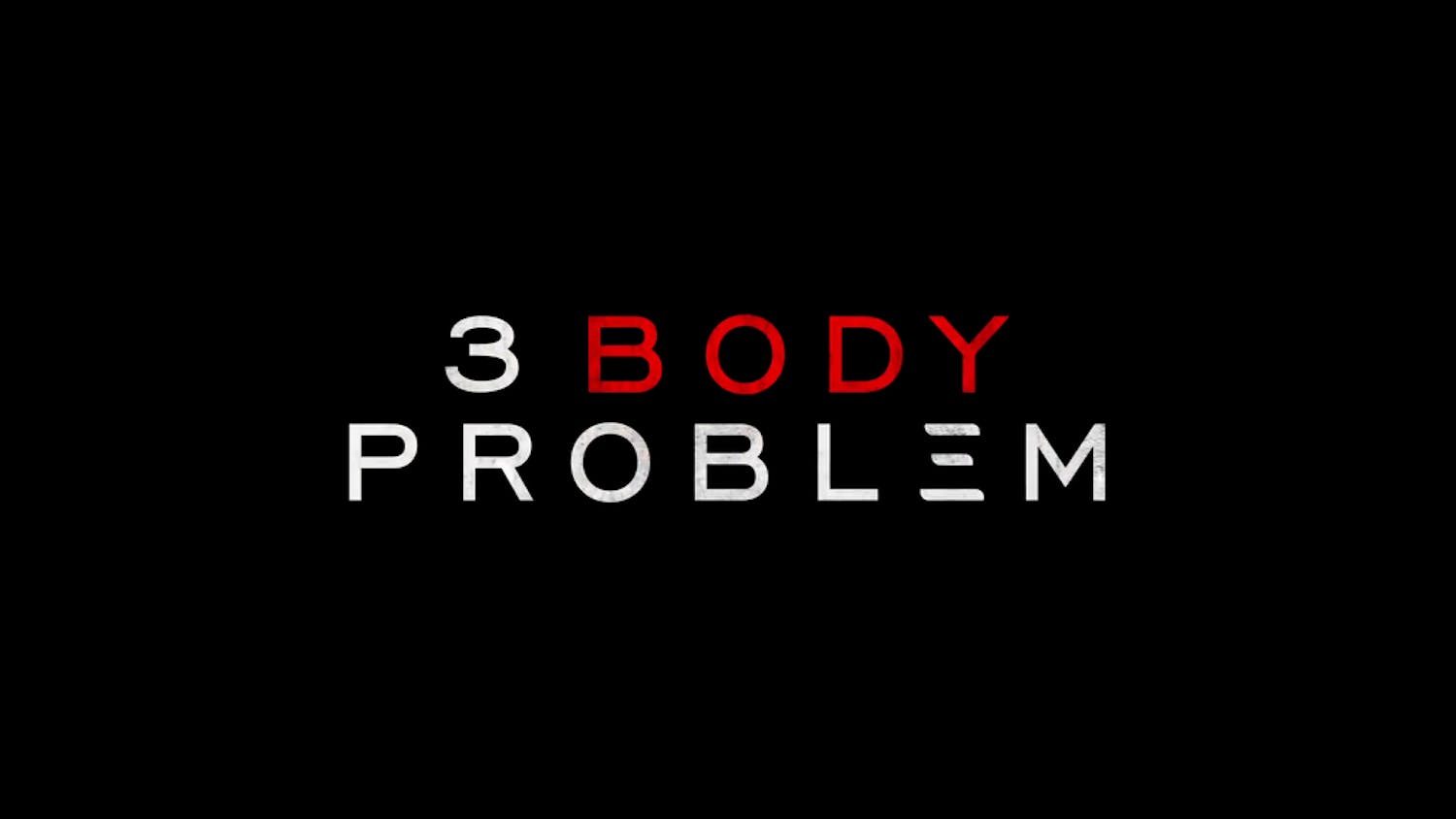The United States has an obsession with reality television. From the contrived, high-stakes drama of shows like “The Bachelor” (2002–present) and “Keeping Up With the Kardashians” (2007–present) to media coverage of the man we recently elected president, we seem to crave learning all the details of someone’s life, all while knowing full well how much of it has been constructed for the screen. The aspect of competition adds another layer of absurdity and intrigue to many of our favorites. Even our competitive cooking shows like “Top Chef” (2006–present) place drama and tears centerstage.
While there’s no denying the lurid appeal of these shows, their intensity has begun to wear on many. Particularly in this tense social and political climate, one can only take so many thrown glasses of wine on “The Real Housewives” franchise (2006–present) without wanting to throw something themselves. That’s where “The Great British Bake Off” (2010–present) comes in.
“Bake Off,” as it’s commonly referred to in the UK, is the antidote to American reality television. Filmed in a grand white tent on the sweeping lawns of English estates, the show features a group of home bakers from throughout the UK, competing on weekends (respecting their daily lives and schedules) to become the top amateur baker of breads, pies, cakes and all sorts of delicious and funny-sounding pastries. The contestants are overwhelmingly hardworking, kind and earnest, and they range from high school students to middle-aged teachers to retired construction workers. Until 2016, the series was broadcast by the BBC. Hosts Mel Giedroyc and Sue Perkins loaded silly puns and double entendre into each of their segments but managed to support the contestants throughout their challenges, while judges Mary Berry and Paul Hollywood provided constructive criticism and occasionally bestowed the highest of praises -- “scrummy” -- on their favorite bakes. No plate-throwing or screaming to be found.
“Bake Off” made its debut in 2010, but only reached these shores as “The Great British Baking Show” on American Netflix in late 2015. After the sole season was taken down in 2016, the show recently returned to Netflix with two other seasons, much to the delight of its new American fans. The U.S. equivalent “Baking Show” is a bit confusing because of its disordered seasons (season 1 is series 5 from 2014 in the UK, season 2 is series 4 from 2013), but nothing really seems to mark the year or era within each episode to distract you from its main purpose: Each season is evergreen and timelessly appealing.
Perhaps Netflix chose the seasons it did because they are truly exemplary of the show overall. Season 2 in particular features a range of delightful contestants and a hodgepodge of challenges that will both confuse and enthrall American viewers. There’s Ruby, a beautiful first-year philosophy student who constantly doubts herself and is always twisting her expression into one of confusion or surprise. There’s also Howard, the “Bake Off” equivalent of Severus Snape who wears killer patterned button-downs while churning out adorable bakes like “peach buns.” Like in any good competition, viewers will pick and mourn the loss of their favorites along the way, but never with vitriol for the others on screen.
Most bakes appear rustic and approachably delicious in their final state, but even the tackiest, most American of challenges in season 2 — baking a dairy-free, 3D novelty cake — yielded hilariously British results: cakes in the shape of an English vegetable garden, a toadstool and a cutting board with cheese. Baking terms like “sponge,” “proofing drawer,” “saucy pud,” and “bap” may sound like nonsense to non-Britons, but it’s easy to catch on once you’re a few episodes deep, wrapped up in the quaint but no less impressive challenges. Many of the technical challenges feature international bakes that are foreign even to the contestants but yield beautiful results.
"Bake Off" will return this year on Channel 4 in the UK, with new hosts Noel Fielding and Sandi Toksvig and new judge Prue Leith joining remaining judge Hollywood after Giedroyc, Perkins and Berry decided to stay with BBC. PBS will begin airing a 'fourth' season of “Baking Show” on June 16, so Americans who have had their fill of the feel-good episodes available on Netflix will be able to watch on a weekly basis. Just make sure you don’t accidentally find the winners online and spoil the fun.
'The Great British Bake Off' is the antidote to American reality TV

Judge Paul Hollywood and former judge Mary Berry pose for a photo on the set of 'The Great British Bake Off.'
Summary
The British import offers a drama-less, fresh take on cooking shows.
4.5 Stars





